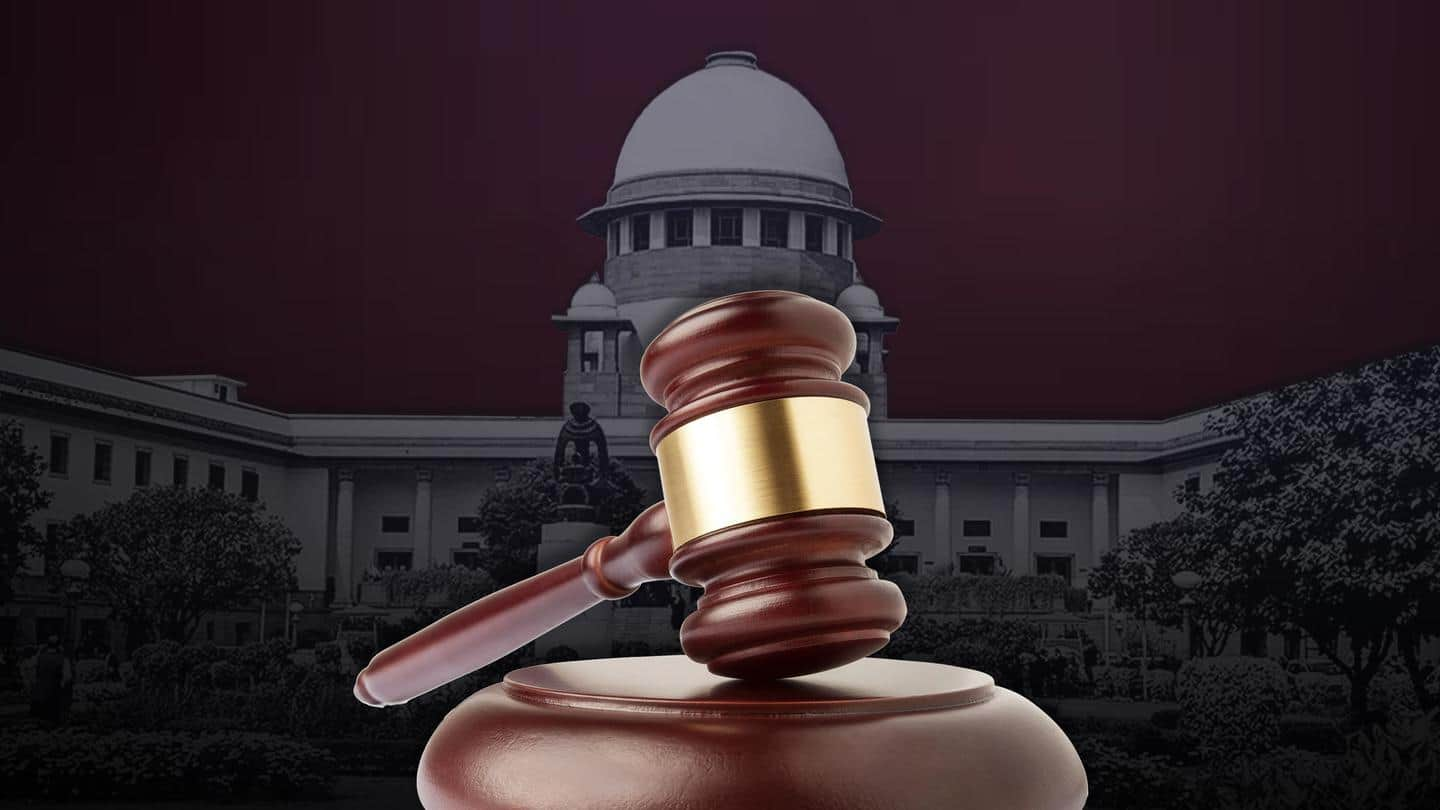
Succession law: Centre supports provision prioritizing husband's kin
What's the story
The Centre supported a clause in the succession law that says if a woman dies without leaving a will, the husband's family takes precedence over her own parents.
While submitting its response in a petition before the Supreme Court (SC) on Tuesday, the government justified the legislative intent and scheme of the Hindu Succession Act 1956, which provides succession separately for men and women.
Context
Why does this story matter?
According to the 1956 Act, there is no significant difference in the succession laws for a female Hindu and a male Hindu.
However, the intestate succession of a female Hindu differs due to her combined position as a daughter and a daughter-in-law.
The act states that if a female Hindu dies intestate, her parents come last in the race to inherit her property.
Details
Who can inherit Hindu women's property?
When a Hindu woman dies intestate, her holdings, including self-acquired assets, are inherited by her children and husband, as per Sections 15 and 16 of the 1956 Act.
If she doesn't have a living husband or children, the property will be inherited by husband's heirs.
Only if the woman's spouse has no heirs, the property be passed down to the woman's parents.
Petition
What did the petitioner plead?
Kamal Anant Khopkar, a Mumbai resident, had filed a petition with the SC in 2018.
His lawyers, Mrunal Dattatraya Buva and Dhairyashil Salunkhe have challenged the constitutionality of the problematic portions of the succession legislation.
Khopkar had highlighted problems in receiving her daughter's self-acquired possessions after her death as a result of the restrictions introduced by the 1956 Act.
Response
What did Centre say in its response?
The Centre submitted its reply after three years of the SC directive.
It supported the 1956 Act while referring to an earlier verdict of the SC.
Sentiments and sympathy cannot be a guiding principle to determine the interpretation of the law and it should not be interpreted in a manner that was not envisaged by the legislature, the SC stated in its 2009 decision.
Information
Views from states, UTs must in the case: Centre
The Centre's statement also ruled out any chance of amending the Act in the coming days.
According to the affidavit, the views of all states and Union territories must be collected before the subject is considered further.
Notably, the Law Commission and the National Commission for Women have submitted suggestions that equalize the rights of men and women in succession and inheritance.